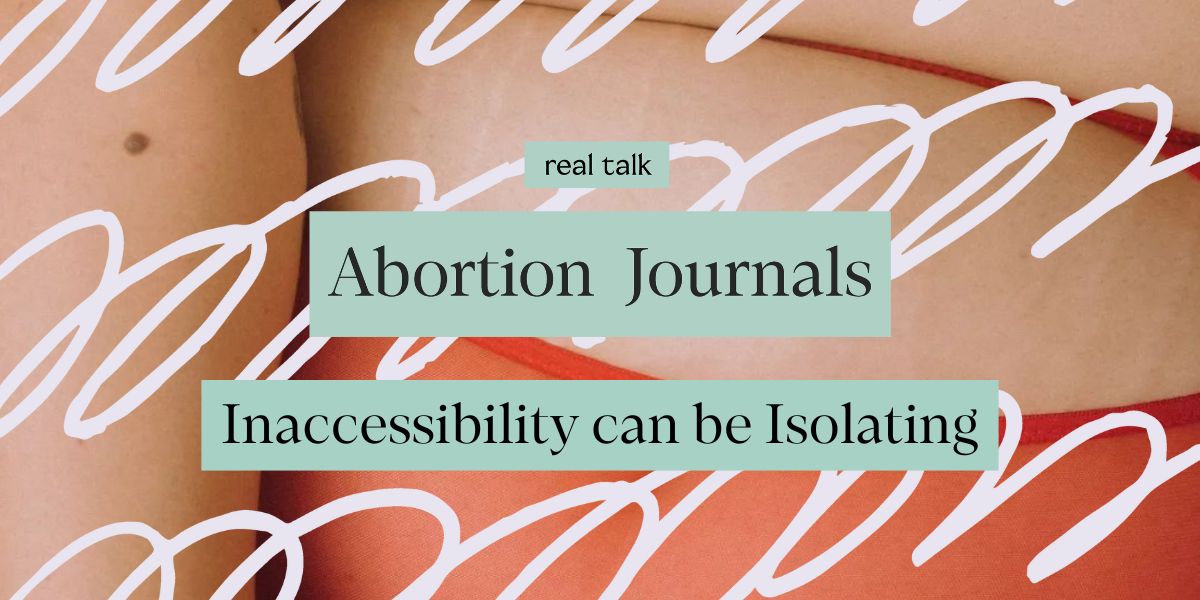What's happening with the Texas emergency abortion ban?

On January 2, 2024 an appeals court ruled that “Texas hospitals cannot be required to perform emergency abortions to stabilize the life of a patient.” This means that women will die in a move to prevent abortion. This is a massive step backward for reproductive freedom. How did we get here?
Let’s unpack what happened leading up to the Texas emergency abortion ban:
In June 2022 Roe v Wade was overturned with the Supreme Court case Dobbs v. Jackson, leaving abortion laws up to each individual state. Texas promptly banned abortion, with an exception for saving the life of the mother. Twenty-one states now have complete or partial abortion bans.
After Roe v. Wade was overturned, the federal government sent guidance to hospitals reminding them of their obligation to provide lifesaving care, even if an abortion was necessary, under the Emergency Medical Treatment and Labor Act (EMTALA). It stated, “When a state law prohibits abortion and does not include an exception for the life of the pregnant person — or draws the exception more narrowly than EMTALA’s emergency medical condition definition — that state law is preempted.”
This week, a federal appeals court heard a district court’s ruling that sided with Texas Attorney General Ken Paxton. Their ruling said that “the Biden administration cannot enforce a law governing emergency medicine to make sure patients get abortions in cases where their lives are threatened by a pregnancy.”
Since Texas instated one of the strictest abortion laws in the country a year and a half ago, pregnant women have begun to sue the state. Kate Cox’s case has gained a lot of media traction, since she went public with her story. Cox lives in Dallas, TX and is a mother of two children. After getting pregnant a third time in 2023, she learned that her baby would only survive a few days outside of the womb, and would suffer. “Her fetus was developing with a twisted spine, clubbed feet, irregular skull and heart development, and she’d gone to the emergency room three times in the last month for cramping, diarrhea and unexplained fluid leakage.”
Kate Cox knew she could not carry this pregnancy to full term, so she sought out options for getting an abortion in Texas. Cox worked to get a court order granting her doctor permission to terminate her non-viable pregnancy, preventing her and her baby from suffering any more. Texas Attorney General Ken Paxton effectively prevented her from getting the abortion by threatening hospitals and blocking the order. Cox had to leave the state to get an abortion. Cox sued for an abortion, and dozens of other women followed suit.
The January 2, 2024 decision in Texas will mean that women will have to leave the state to get care or they will die. Abortion bans are an attack on bodily autonomy, but bans without an exception in cases of emergency are unethical and the opposite of pro-life.
Keep Reading

What's going on with the mifepristone abortion pill ban?
April 20 • 2 minutes

In My Words: What the f**k is going on in Florida?
7/19/2023 • 5 minutes

Abortion Journals: I had an abortion before I had my baby
Oct 11










